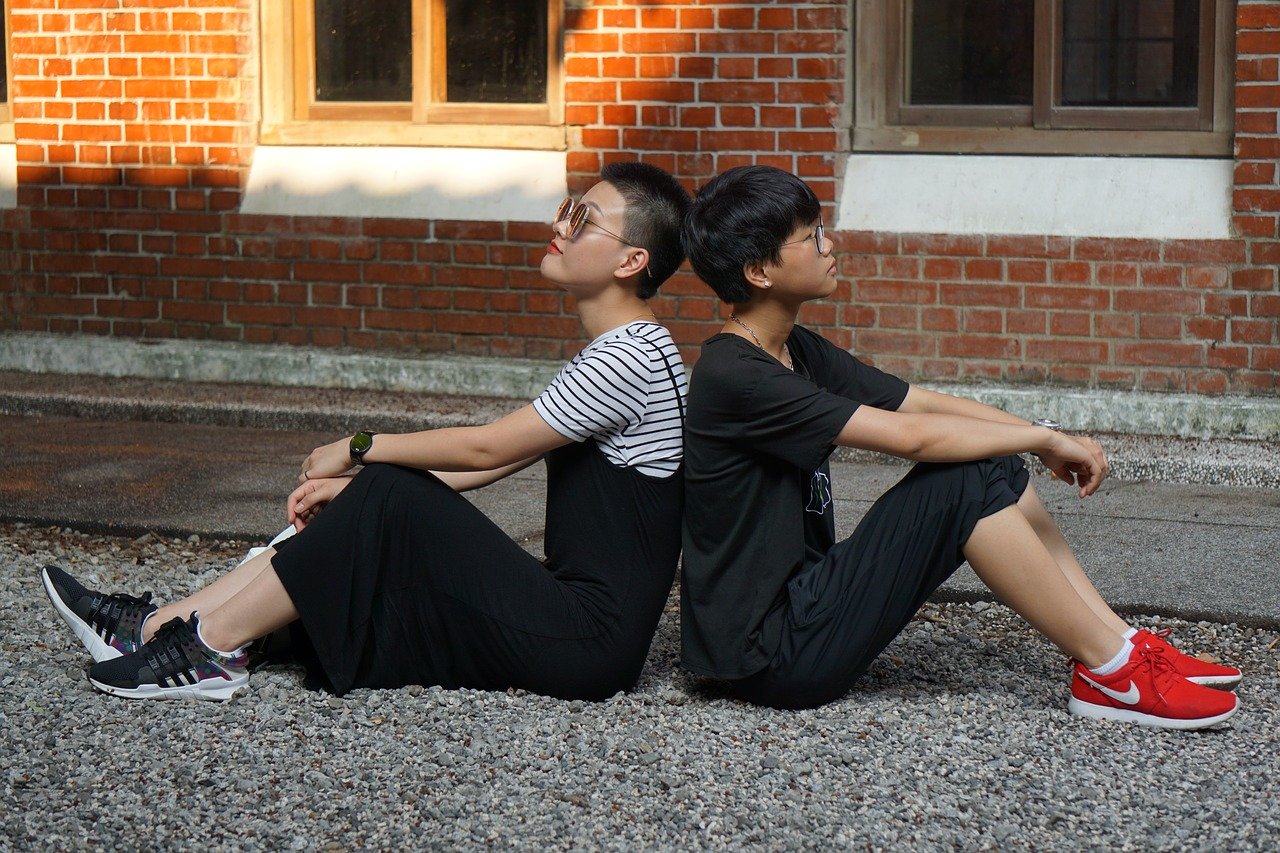There are several great summer activities for students that are useful beyond the school environment. With future unknowns surrounding classroom dynamics, tuition costs, and the world of education as we know it, it is unquestionably been one of the strangest summers for high school students.
All academic levels face uncertainties with both the short- and long-term outlooks in educating students. In turn, many young people are reconsidering how to embrace the next phase of their academic careers (i.e. going to college).
Despite future unknowns, students can still invest in themselves and summertime is a perfect opportunity to do so. Whether the plan is to attend college or build a successful career, getting involved in summer activities can cultivate important skills, understanding, and real-world experience.
7 Great Summer Activities for Students
There is no shortage of ideas to take constructive advantage of summer. To help get your creative juices flowing, here are several different summer activities for students that can help level up your academic career now and well into the future.
1. Read
With the rise of digital devices, fewer students today are taking the time to read books. Studies have shown that young students lose motivation to read over time. But reading can not only help you learn about the material you’re reading, but it can broaden your perspective on topics while helping you learn how to communicate more effectively.
Reading comprehension and communication are important in all aspects of your life, but especially so in the college application process. Most admissions requirements include writing essays, sharing a resume, and possibly taking part in interviews.
It doesn’t require reading a textbook to derive value and learn by reading. However, many high-achieving students will attest to the power of reading actual books instead of reading online. This is because too much of what is shared and found online is short-form writing.
Alternatively, long-form writing holds the greater capacity to advance your capabilities in thinking deeper and clearer, thereby helping you improve your overall communication skills.

2. Volunteer
If you have particular interests or passions, there are often ways in which you can volunteer your time to pursue those interests or passions more immersively and demonstrably.
Want to inspire and educate others? Volunteer for an organization or cause whose mission it is to do just that. Fascinated by art and want to pursue a creative career?
Volunteer at a local art museum, gallery, or creative organization that aligns with your interest. Want to get a feel for what life is like as a physician? Reach out about volunteering or job shadowing at a local doctor’s office.
Landing meaningful volunteer opportunities requires putting yourself out there. The most challenging barrier is the first step: asking for the chance to volunteer. Once you start doing research and inquiring about opportunities, you may be surprised by how many organizations are looking for free labor.
Ultimately, you want to volunteer in a way that speaks to your character, priorities, and value. These experiences provide a way for students to show they are proactive and engaged in topics that matter to them.
3. Build a website
Launching a website is essentially a project that you build from scratch. Not only is it a great way to express yourself, but it is also effective in cultivating entrepreneurial, communication, and marketing skills.
And with all the various web platforms available like WordPress, Wix, and Squarespace, learning HTML or programming language is not a prerequisite. In most cases, you are primarily responsible for the content and organization of your website.
Students build websites for several intentions, such as to blog and publish content, create an online portfolio of sorts, or as a platform to sell a product or service.
For high school students applying for college, websites are a great way to show college admissions officers what you’ve been up to and who you are all about. Simply by including your site’s web address in your college applications, it will be easy for individuals who are deciding on your admission to their college to see what you’ve created online.
4. Get a job or internship
Landing a job or internship can be a catapult to helping you earn money and develop important life skills. While it is not as easy for teenagers today to find jobs as it was in the 1950s and 60s, both year-round and seasonal employment does exist for high school students.
No job should be out of reach for a teen whose objective is to build experience, develop a work ethic, and earn an income. So whether the job is grocery store cashier, babysitter, camp counselor, restaurant worker, tutor, or computer technician, be grateful to earn and maintain any job.
If you are fortunate enough to have options, consider pursuing a job that best aligns with your current interests and passions. If options are limited, any job is better than no job and speaks volumes about you as an increasingly mature contributing member of society.
Also, keep in mind that some colleges allow job managers or supervisors to write a supplementary letter of recommendation on your behalf when you apply. So while it might seem like the only thing you get out of a job is experience and money, maintain integrity and respect for your advisors; he or she could act as a wonderful and important reference for you sooner than you think.

5. Create your community project
Community service is all about helping the place you love by doing the things you love. Similar to volunteering, community service doesn’t have to rely on a pre-existing program or an opportunity to get involved. Some of the most original and impactful initiatives involve creating your community project.
Because there is so much more you can do to help those in need in your local area, creating a community service project can take a lot of different forms.
Is there a demand for more after-school activities for young students and children? Are sports fans leaving a lot of trash or beer cans outside a local minor league baseball stadium? Is young voter turnout sorely lacking in your community?
All of the examples above are a call to action for someone in the community to create local change. Get signatures from neighbors to present to your town council to establish a community youth group that hosts after-school activities. Rally up a group of friends to clean up around the minor league baseball stadium after the fans go home.
Create a social media community or even go door to door to encourage young qualified voters to get out to the polls. Not only is creating community projects like these a great way to help others in need, but they are also a great way to demonstrate to others – including colleges and future employers – what causes or issues are important to you.
6. Start a business
While the idea of starting a business might seem daunting, it doesn’t have to be as complicated as it may seem.
Whether it is a simple online store, a good old-fashioned landscaping business, or a mobile drink stand that serves up cold water and beverages at events, there are always people out there with needs waiting to be met. And in the summertime, people are always looking for their lawns to be mowed or their thirst to be quenched.
Find a specific niche that interests you and is within your capabilities, and run with it the best you can. Creative students have started everything from screen printing businesses to baked goods delivery services.
In many cases, students can invite a customer or client to provide a recommendation for college applications. These unique recommendations can be effective testimonials that can give students an edge against similarly qualified students to get admitted into competitive universities.
Additionally, the entrepreneurial experience can inspire compelling application essays that explain the highs and lows of starting a business. Remember, starting a business will almost always involve trial and error, and in some cases, failures.
Aside from some of the summer activities mentioned above, there are no better learning experiences for students than taking the steps necessary to transition an interest into a business. Whether or not the business is profitable, the effort in itself lends to a wealth of learning for budding entrepreneurs.

7. Learn
While reading or listening to a good book is a great way to learn, there is also a wealth of knowledge waiting to be absorbed online and in the real world.
More and more often, students can enroll in online courses for free. While many such courses are incredibly educational, some also come with a certificate of completion, which is an attractive form of verifiable evidence that you did complete the course you claimed to take online.
Yet, if formal online courses do not interest you as much, there is an abundance of free information online that can help you learn how to become a better version of yourself.
One transformative example is a student who developed and implemented an entire athletic training and weight loss regime. There were no personal trainers, coaches, or other paid support; only YouTube videos. The student shed twenty pounds, completed her first triathlon, and is happier and more confident than ever before.
At the end of the day, long-term commitments like learning to become a better version of yourself are arguably more important than getting into any particular university or college at all; albeit, being healthy, happy, and strong sure doesn’t hurt anyone’s chances of getting into a top university either.
Conclusion
No doubt, certain experiences, and achievements may stand out more than others. Some students choose summer jobs for financial reasons or opt to take time off for themselves.
But ultimately, it is important to align your summer experiences with your pursuits, and those often extend well beyond college. Hopefully, these examples provide food for thought as you close out your summer and embrace a Fall semester with a new outlook.
Tyler Tafelsky is a Western Michigan University graduate with a degree in Marketing and Psychology. Tyler currently works in various fields related to content marketing strategy, health and wellness, and athletic training. Tyler works for BookWear, a business that helps college and university admissions counselors engage with students, as well as Better Triathlete, a triathlon training blog for those interested in multisport.

Comments are closed.